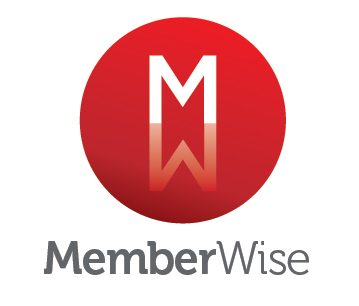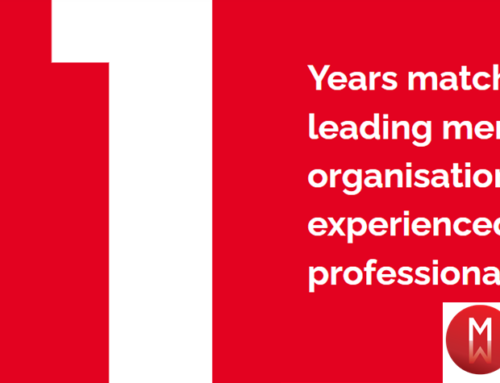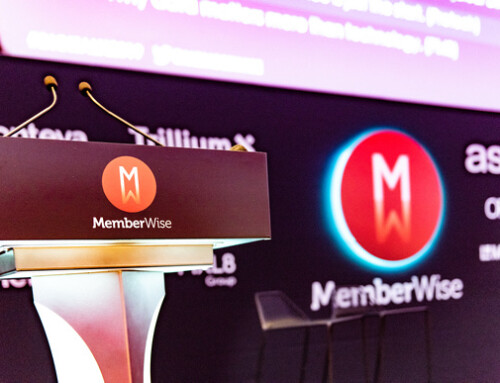Author: Rachel Loke, Committee member of the KCL Women in Dentistry society.
As an undergraduate dental student, I feel I am lucky to have had encountered a number of female role models who are in positions of leadership. With statistics estimating that women will make up over 50% of registered GDPs by 2020, it is an exciting time for young dentists to be entering the profession.
Despite this, it is known that there are far fewer women in leadership positions and committee roles within the dental field, meaning that the demographic of the workforce is not being accurately represented. Unfortunately, this is an issue which can be seen across many other industries, and the reasons for this are not straightforward, often relating to broad and complex societal issues which are difficult to fully discuss in just a few paragraphs.
The subject of female leadership was explored at a MemberWise Network event (in partnership with High Flying Divas and Optimist Consulting), which I was kindly invited to attend by the British Dental Association, as a representative of the King’s College London Women in Dentistry society. Here, I was fortunate to able to hear about the personal experiences of a particular group of women regarding this complex topic.
It can be hard to avoid the stereotyping of female leaders – compared to their male counterparts, women are often labelled with unfavourable adjectives such as “bitchy”, “bossy” and “over-emotional”, in place of more positive terms like “assertive”, “fervent” or “strong-minded”. Additionally, controversial discussion surrounds women and their choices regarding motherhood, such as having their commitment to their families pitted up against their career goals. Whilst these negative mindsets are thankfully becoming less acceptable, it is sadly not hard to find a woman who has been spoken about like this.
Regardless of the exact phrases used to describe them, it is common for leaders to aspire to have these traits which tend to be traditionally associated with masculinity. Subsequently, it often feels as though women have more to prove when it comes to obtaining leadership roles, which is one of the main challenges that women face when striving for these positions.
Of course this raises the question about whether there is a “one size fits all” list of attributes needed to be a successful leader, and this was the question on my mind as I came to the event.
What I learnt from the event
As a dental student entering a room full of leaders and senior staff across the membership sector, it was hard not to feel a little intimidated. However, I immediately noticed that the room was filled with a sense of empowerment, support and mutual understanding, with no traces of ego or competition.
In addition to hearing the personal journeys of two accomplished speakers, the aim of the evening was to curate a safe and open environment to encourage the sharing of experiences, which was perfectly established by Rosemary Cooper-Clark, the founder a not-for-profit mentoring network, High Flying Divas.
The co-mentoring sessions held in small groups embodied the three principles of providing a shoulder (of support), a soundboard (to bounce ideas off), and a shove (in the right direction). Each woman had an opportunity to speak about a current difficulty regarding their career and the other women in turn presented a potential solution. It was remarkable how much each individual benefitted from simply hearing someone else discuss their problem from a different point of view. Interestingly the variation in traits and qualities of each of the women I met proved that there is no single blueprint for the traits of a successful leader and the most important trait a leader can have is authenticity. Therefore, perhaps it is time to expel the idea that leaders require a particular set of masculine traits in order to be effective.
Female mentoring events like this should be encouraged
Overall, whilst there are many issues that are difficult to tackle regarding the perception of female leaders in society, on an individual scale mentoring events such as these can be hugely beneficial in forging positive perceptions and self-belief. I personally feel this should be encouraged as early as possible to ensure that no woman is held back from aspiring to obtain leadership roles. A step towards this comes from the creation of supportive societies such as the KCL Women in Dentistry society which aims to understand and challenge some of the complex barriers to equality within dentistry and encourage discussion so that future generations are able to achieve their full potential. Further to this, being part of membership networks such as the BDA throughout one’s career provide valuable opportunities to discover these supportive and nourishing environments which are crucial in cultivating a successful career.










Leave A Comment